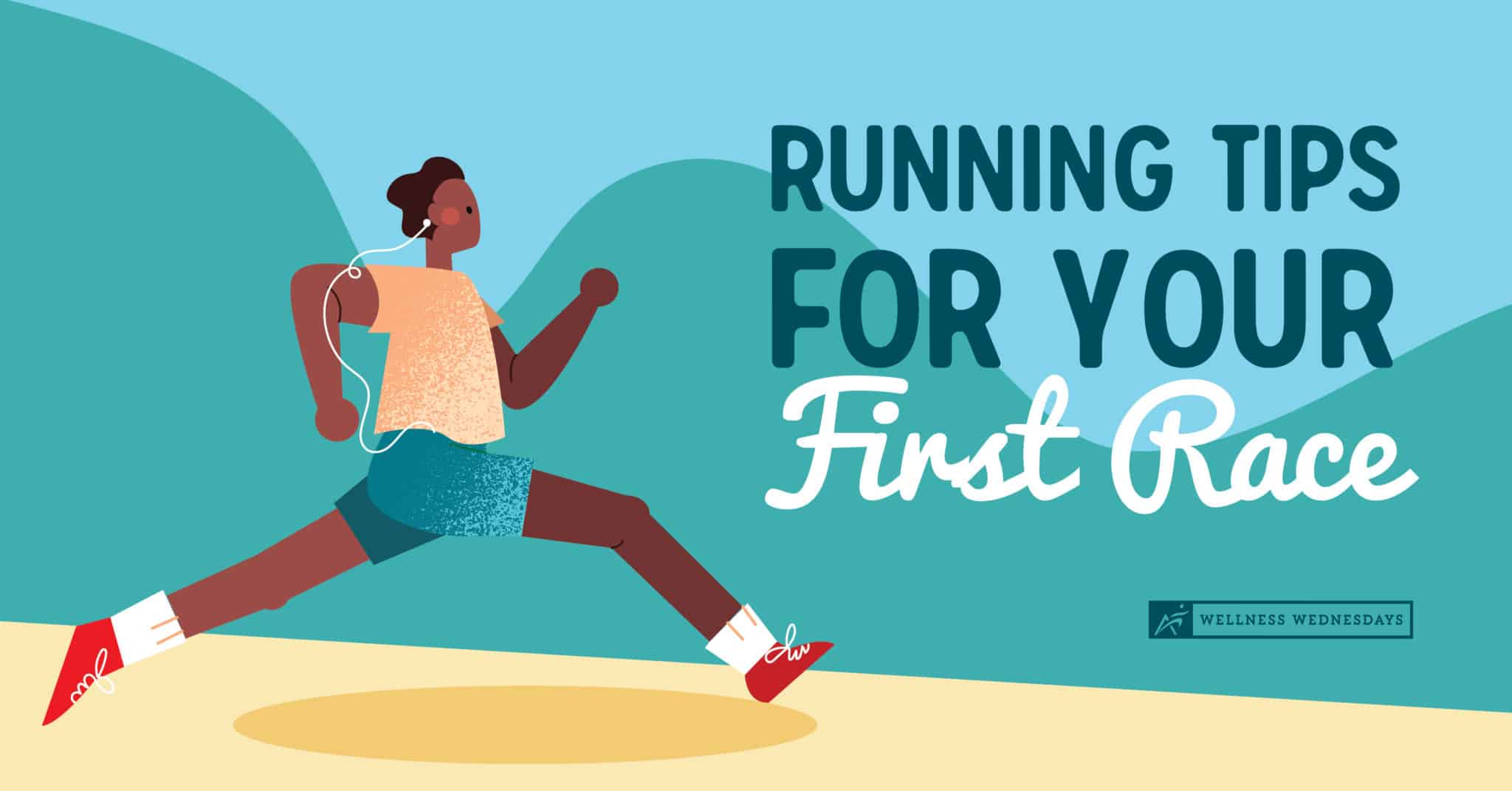Training For The Race
A 5k race is usually the distance of choice for running beginners. This type of race is relatively short, about 3.1 miles long, and it doesn’t require months to years of training. If you’re new to running, 5 kilometers is a good starting point for building stamina, speed, and practicing your running form.
Regardless of the distance, aches and pains can slow you down. Make sure you’re putting your best foot forward and setting yourself up for success with help from Airrosti.
Start Local
There are several advantages to running local races if you’re going for the gold. By staying close to home, you don’t have to worry about the stress of traveling and other unknown variables like the weather or environment. You’ll be more familiar with the terrain and, if you know the exact location of the race, can even train on the same roads and trails.
Ready to take your training to the next level? Below is a list of supplies and tips you can use to help you prepare for race day.
What You’ll Need
- Running Shoes. Shoe choice should be determined by foot structure and function, body type, running environment, and running regimen. You should also check the condition of your shoes. While some running shoes may last longer than others, the structure and support will degrade over time, which may leave you vulnerable to injuries like plantar fasciitis. Running shoes usually last between 300 and 800 miles. Assuming you run 25 miles each week, they should last you up to six months. Make sure your running shoes are comfortable, but not too worn down, by the time you line up for your race.
- Running Gear. The date and time of your race is going to determine what gear will be most beneficial to you. If your race is taking place at night, bring some light reflecting belts and gear to help you stand out easily in the dark. Depending on what season your race day falls under, you’ll also need to stock up on clothes that will help you resist any extreme temperatures. Moisture-wicking clothes that will keep you dry and comfortable are ideal for most running scenarios. Finally, don’t forget to bring a water bottle to keep you hydrated.
- Log Your Miles. Keeping a record of your mileage will help you track your progress and adjust your training plan as needed to reach your goal. Looking back on the progress you’ve made since you started training can also help you find the motivation to keep going, even when you feel discouraged. You can use a GPS watch, 5k training app, or even a written journal to log your training progress.
Race Day Tips
- Be Informed. To ease nerves leading up to the big day, study the logistics of your race. Learn the route, times, parking locations, packet pickup information, bag drop locations, race rules, aid station locations, and any other important information to ensure you’re prepared. Knowing all this information ahead of time will help you avoid stress and ensure your race day goes smoothly.
- Maintain Your Routine. After maintaining a consistent training schedule for several weeks, your body will have gotten used to the routine. Breaking away from that consistency at the last minute can leave you feeling unprepared or even unwell. Eat your “go-to” breakfast and drink the same drinks as you did when training. If your race is in the morning, factor in how early you may need to wake up and try to time your training routine accordingly. A body that’s adhering to its usual routine will also have enough energy to adapt quickly to the physical demands of a race.
- Rest Up. Speaking of energy, another important part of race prep is keeping up with rest and recovery. Make sure you get enough sleep to avoid fatigue on race day. You’ll also want to slowly cut back on your mileage in the days leading up the race. This practice will help keep your legs strong and ready to give it all they’ve got on the big day.
- Get Organized. Set out your outfit, bag, snacks, and water bottle the night before the race. By having everything ready to go in the morning, you can start your day quickly and with a clear, focused mind.
- Arrive early. An early start gives you time to deal with unexpected traffic or other events. An early arrival will also give you time to ensure you’re properly hydrated, warmed up, and mentally prepared for the race. By stretching and warming up your muscles before you take off, you’ll help reduce your chances of injury on the course.
After The Race
After the race, it’s time to celebrate! Whether it was a 5k, a 10k, or a marathon, completing a race is an awesome achievement! Once your initial celebration is over, spend a few minutes cooling down and stretching to recover those muscles that just worked so hard. Proper stretching and recovery techniques, like using a foam roller, help reduce soreness, keep muscles from tensing up, and can help alleviate running-related pain.
If an untreated injury is keeping you from achieving your running goals, schedule an appointment with Airrosti. Our providers take time to assess and treat pain at the source, focusing on exceptional patient care and lasting results. We also share tools and resources to help you return to pain free activity. Don’t let pain stop you from your best run. Call us today at (800) 404-6050 to learn how Airrosti can help get you back in the race.
We also offer virtual appointments so our providers can deliver their expertise directly to you.
Read our Medical Disclaimer here.










